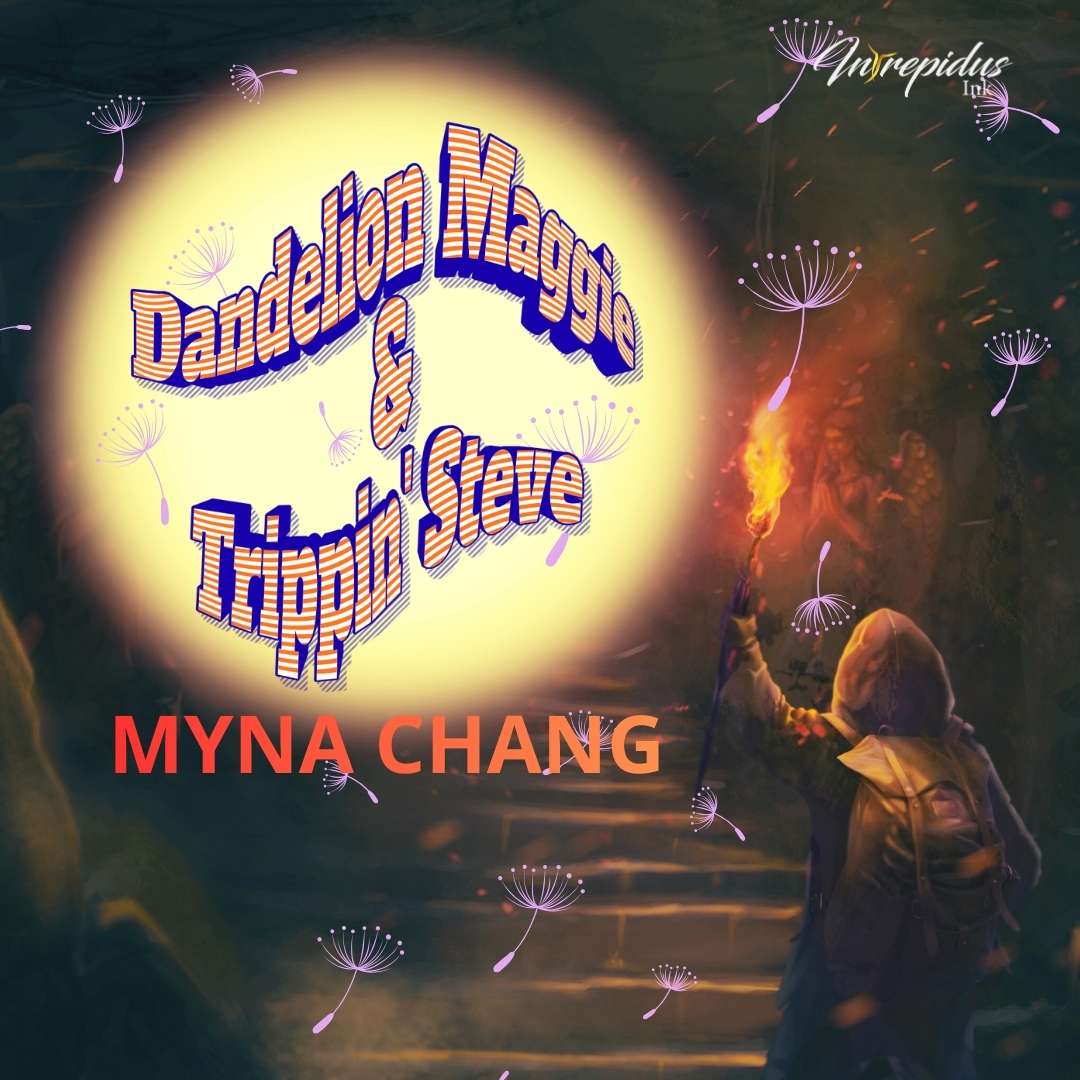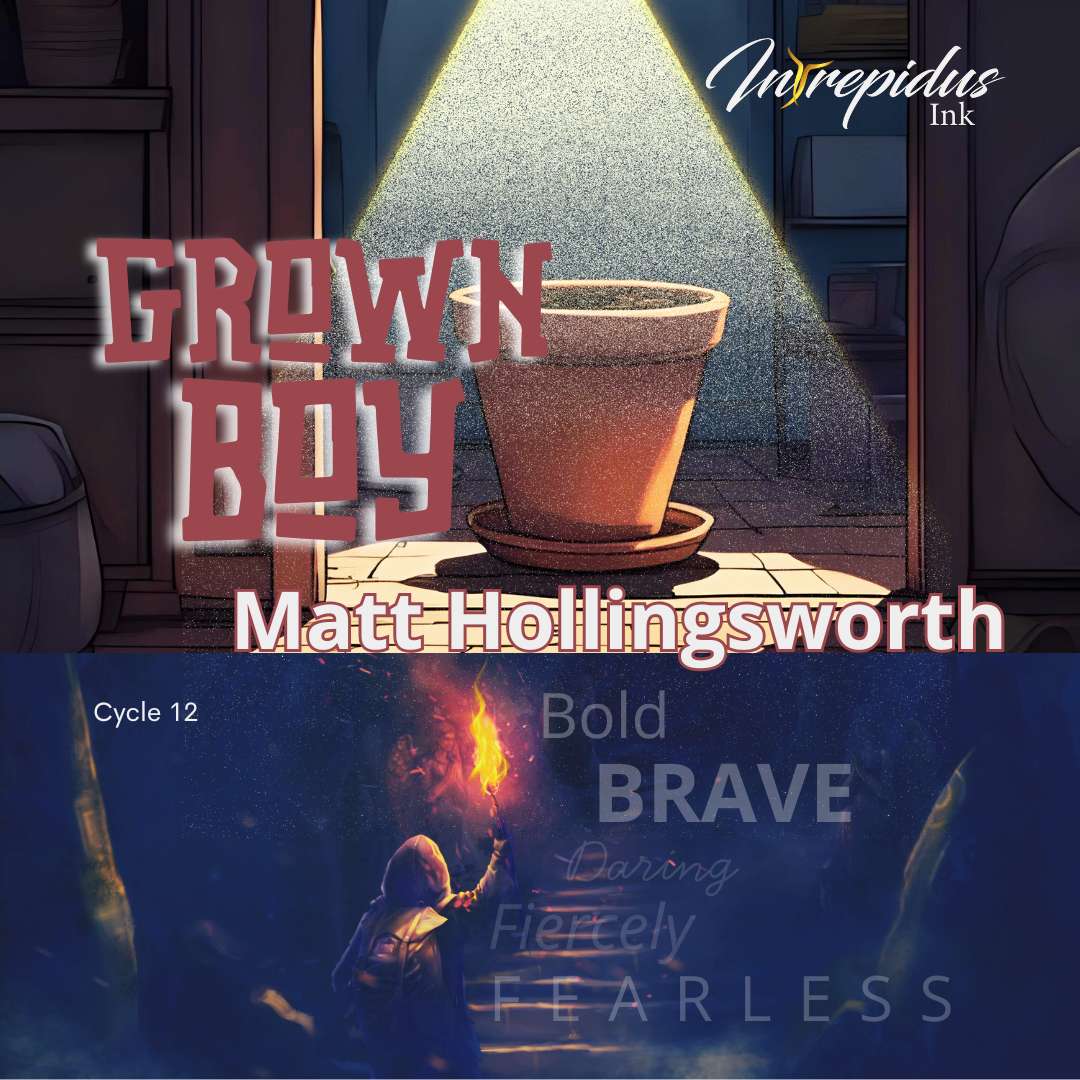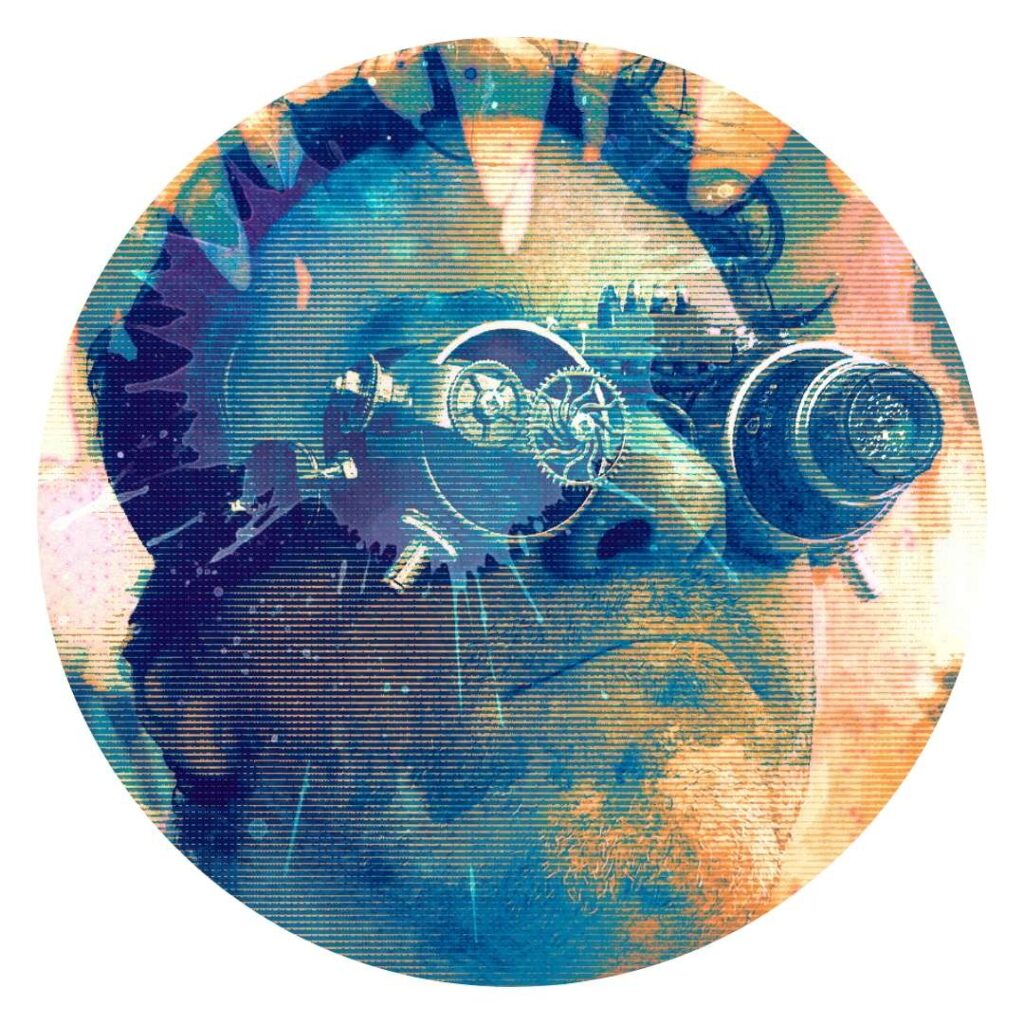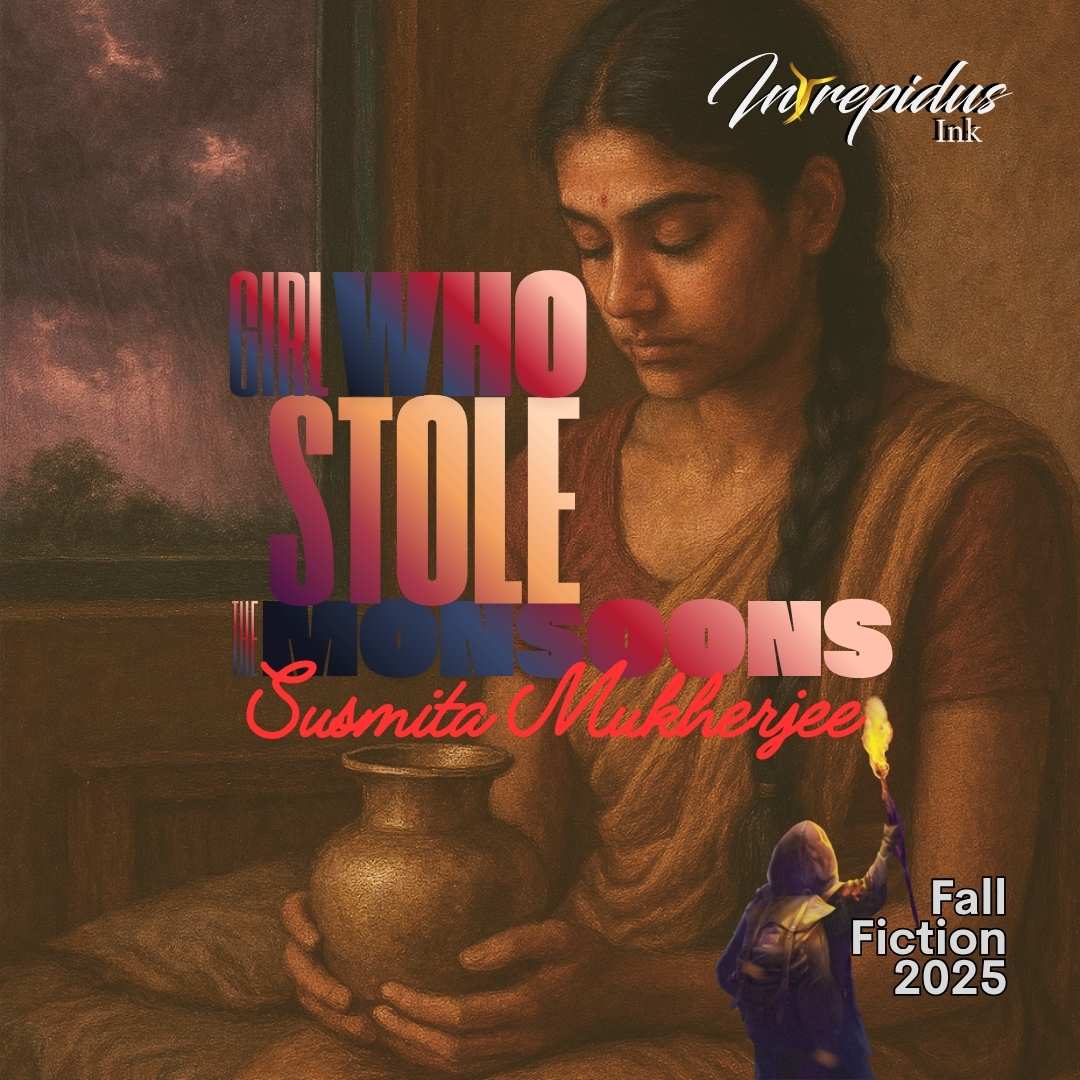

Magical Realism
There once was a boy who wished he had a brother, for he was lonely, his mom always at work or in bed or in court fighting his father, who’d gone to live with another family. The boy had seen magic in movies and figured he could do something about his loneliness. So he dug around in his mom’s slimy compost bin—gagging, almost barfing—and scooped moldy leaves, coffee grinds, crunched-up eggshells, and, yuckiest of all, earthworms into a flowerpot. Then he mixed in a Luke Skywalker action figure, a baseball card of his favorite player (Bill Buckner, who everyone else thought was a loser), and a handful of crayons.
Next, he snuck into his mom’s room. She was snoring, worn out from working a double shift. The boy searched her nightstand and found where she kept his baby teeth, in a pill bottle labeled “Seconal.” His mom thought he still believed in the tooth fairy, still left coins under his pillow, but he was eleven-and-a-half years old and knew every, every, everything. He took three of the stinky, rotten teeth. And for good measure, he snipped off a lock of his mom’s hair.
Once he mixed together the magical ingredients in the flowerpot, he hid it in his closet.
Every day, he checked the mixture, hoping for signs of life. Nothing happened, even after three whole days.
Thinking he must have missed some ingredient, the boy added a photo—of the dog he’d had when he was really little, a miniature collie that had filled the backyard with poop. He had loved that dog, and he would love his brother. But even after an entire week, nothing grew.
The boy asked himself what made a son. What would make a brother? He looked like both his parents, had his mom’s heart-shaped birthmark on his cheek, had his father’s bushy eyebrows. And though he wanted nothing to do with his father, without the man, he wouldn’t have been born. He realized that to grow a brother, he needed something from his father, so he watered the pot with a bottle of beer that lived in the back of the fridge, the only remaining part of his father in their home.
Days kept passing with no growth. At night, curled up in the closet with a flashlight and surrounded by a cloud of buzzing flies (because of the icky-smelling flowerpot), he’d read—he hoped, he wished—to his growing brother: Fantastic Four comics about a superteam with a mom, a dad, two cool uncles, and a kid who was more powerful than anyone anywhere. After a whole entire week, just as the boy lost hope, his brother’s strawberry-sized head poked from the soil, pushing through eggshells, his face super red, all scrunched and squinty as if he were sucking lemons.
Fall became winter, and his new brother’s arms sprouted like vines. The boy talked to him about school, about girls, about his parents fighting—well, their parents since they were brothers—about his mom not being able to afford a lawyer for the custody battle. Eyes wide as red M&M’s, the brother focused on the boy and listened, didn’t shush him, and turn up the TV or look past him at something more important.
Weeks sped by. His brother grew, grew, grew and finally broke free from the clay flowerpot’s remains, shaking off worms like a wet puppy, a smaller twin of the boy, a heart-shaped birthmark on his cheek—same as him, same as his mom—and smelly like stale beer, same as his father after a night at the office.
The boy brought Cheerios for his brother and Eggos with maple syrup and Snickers bars. “I’m sorry you got to stay hidden,” the boy said. When his brother spoke, his voice all crumbly like mumbling soil, the closet filled with the yucky stink of his rotten teeth. But the boy didn’t mind, for he loved his brother.
Together, they drew comics of adventures on faraway planets, the brother using the crayons the boy had planted, which had become his fingers, each finger a different color: raw umber, sky blue, burnt sienna, goldenrod, maroon.
As winter gray brightened to spring green, the brother grew, grew, grew to the boy’s size.
One night, the boy’s mom came home in tears. She held his hand and told him she’d lost the custody battle, so he had to go live with his father. No way, the boy thought, and stomped off to his room. He talked with his brother late, late, late into the night about running away, about the adventures they would have, until, cuddling in the closet, they fell asleep.
In the morning, his father came to steal him away from his home, from his brother, from his mom. The boy and his brother hugged and listened to their parents yelling in the living room.
When his father knocked on his bedroom door, the boy squeezed his brother.
When his father spoke through the door—“What say we go for pancakes, little man?”—the boy peed his pants.
“I don’t want to go,” he whispered.
His brother grinned, showing the rotten teeth, and yanked one out, the sound like shlorping a rain boot out of mud. He gave the warm tooth to the boy. He dressed in the boy’s clothes. And he looked just like him.
The boy squeezed his brother tight. “Don’t want you to go either.”
“I love,” his brother said in his crumbly mumbly voice, and lumbered out of the closet, out of the bedroom. The boy choked back tears.
Once his father and brother left, once the rumbling of the Monte Carlo’s engine faded, the boy crept into the living room to hug his mom and kept hugging, hugging, hugging until she stopped crying.
Author Bio

Matt Hollingsworth is a neurodivergent human and award-winning color artist for Marvel, DC, and Image Comics. He’s collaborated with such fine specimens of humanity as Alan Moore, Grant Morrison, and Mike Mignola. His prose has appeared in Interzone, Winter in the City from Ruadán Books, and Tales to Terrify, among others. Find Matt at matthollingsworth.com.

